Soma (Carisoprodol)
$59.80 Original price was: $59.80.$50.00Current price is: $50.00.
Description
Carisoprodol is used in the short term to relieve muscle pain and discomfort. It is typically used in conjunction with rest, physical therapy, and other treatments. It works by relaxing the muscles.
How to Use Soma
Take this medication orally with or without food, as advised by your doctor. Do not raise your dose or take this medication more frequently or for longer than recommended. Your condition will not improve any faster, and the likelihood of side effects will grow.
The dosage is determined by your medical condition and reaction to treatment. This drug should only be used for a short period of time (three weeks or less), unless directed by your doctor.
If you suddenly stop using this drug, you may experience withdrawal symptoms (such as stomach pains, difficulty sleeping, headaches, and nausea). To prevent withdrawal, your doctor may gradually reduce your dose. Withdrawal is more common if you’ve been using carisoprodol for a long time or in heavy doses. If you are experiencing withdrawal, contact your doctor or pharmacist right away.
Although this medicine benefits many people, it can occasionally lead to addiction. This risk may be increased if you have a substance use disorder (such as drug or alcohol abuse or addiction). Take this medication exactly as directed to reduce the risk of addiction. Contact your doctor or pharmacist for more information.
Inform your doctor if your issue persists after two to three weeks, or if it gets worse.
Additional information
| Side Effects | You may experience dizziness, sleepiness, or headaches. If any of these symptoms persist or worsen, notify your doctor or pharmacist right away. Remember that this medication was prescribed because your doctor determined that the benefit to you outweighed the risk of adverse effects. Many people who take this drug do not experience major adverse effects. Tell your doctor right away if you experience any serious side effects, such as disorientation. This medication seldom causes severe allergic reactions. However, if you detect any of the following signs of a major allergic response, get medical attention immediately: rash, itching/swelling (particularly of the face/tongue/throat), extreme dizziness, and difficulty breathing. This is not a complete list of possible side effects. If you notice other effects not listed above, contact your doctor or pharmacist. |
|---|---|
| Precautions | Before using carisoprodol, notify your doctor or pharmacist if you are allergic to it, meprobamate, tybamate, or mebutamate, or if you have any other allergies. This product may include inactive chemicals, which might trigger allergic reactions or other issues. Contact your pharmacist for further information. Before taking this medication, tell your doctor or pharmacist about your medical history, particularly if you have a blood disorder (acute intermittent porphyria), kidney disease, liver disease, seizures, or a personal or family history of a substance use disorder. This medicine may cause dizziness or drowsiness. Alcohol or marijuana (cannabis) can cause you to become dizzy or drowsy. Do not drive, operate machinery, or do anything that requires attentiveness until you can do it safely.Avoid alcoholic drinks. If you are currently smoking marijuana (cannabis), consult your doctor. Before having surgery, inform your doctor or dentist about all of the products you consume. Older folks may be more sensitive to the drug's adverse effects, including drowsiness and disorientation. These side effects may increase the risk of falling. During pregnancy, this medicine should only be used when absolutely necessary. Discuss the risks and benefits with your doctor. This medicine goes into breast milk and may have negative effects on a nursing baby. Before you begin nursing, consult your doctor. |
| Interactions | Drug interactions might alter the way your prescriptions function or raise the possibility of severe side effects. Not every potential medication interaction is covered in this document. Make a list of everything you use, including over-the-counter and prescription medications as well as herbal remedies, and provide it to your pharmacist and physician. Before beginning, stopping, or altering the amount of any medication, get your doctor's approval. If you take any other medications that make you sleepy, like alcohol, marijuana (cannabis), opioid pain or cough relievers (like codeine, hydrocodone), muscle relaxants (like cyclobenzaprine, methocarbamol), antihistamines (like cetirizine, diphenhydramine), or medications for sleep or anxiety (like lorazepam, zolpidem), let your doctor or pharmacist know. Examine the ingredients on all of your medications, including those for allergies and colds and coughs, as they can have substances that make you drowsy. Concerning the safe use of those products, ask your pharmacist. |
| Overdose | Call 911 if someone has overdosed and is exhibiting severe symptoms like unconsciousness or breathing difficulties. If not, give a poison control center a call straight away. A severe case of sleepiness or dizziness, seizures, slow or shallow breathing, mental or mood problems (e.g., disorientation, hallucinations), inability to move your arms or legs, shaky or unsteady movement, and changes in eyesight (e.g., blurred vision) are some of the symptoms that can occur from an overdose. |


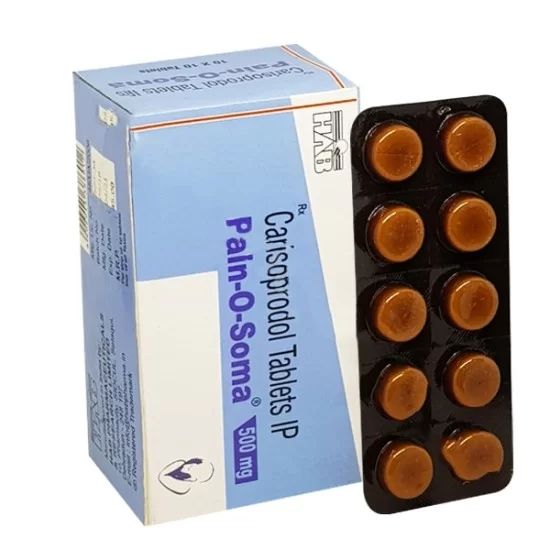
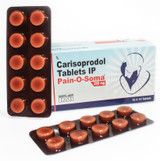





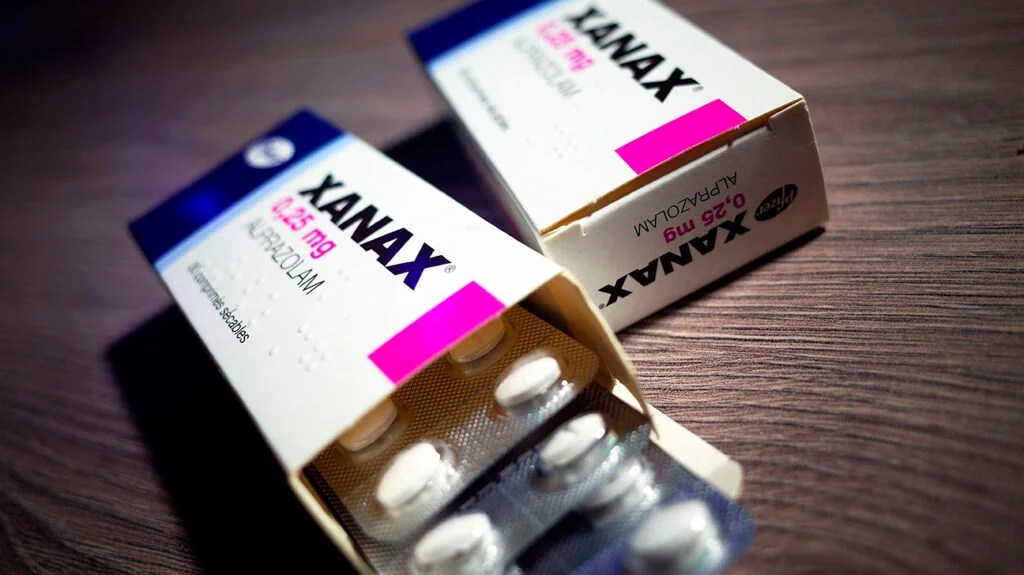
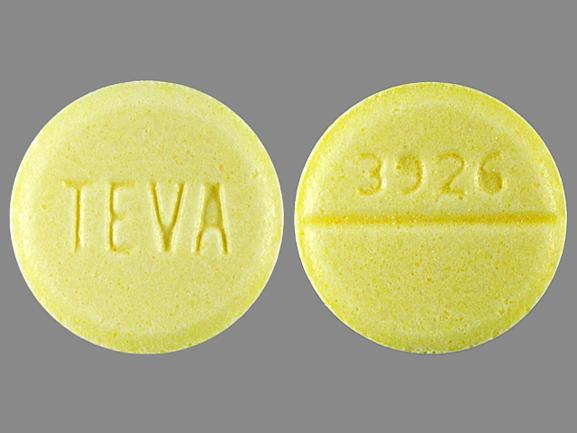
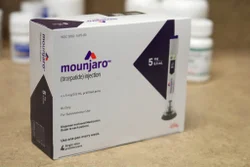
Reviews
There are no reviews yet.